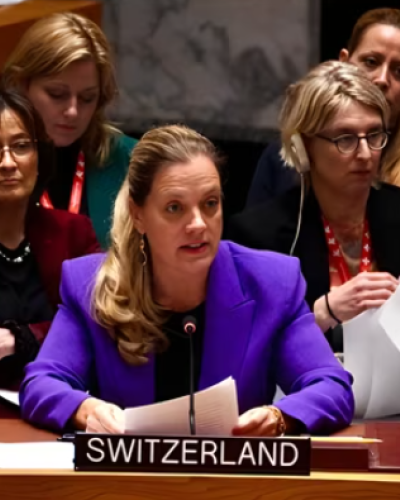Food insecurity and malnutrition are at alarming levels in Burkina Faso. Some 3.3 million people are in need of vital humanitarian assistance. An armed conflict is raging in the country. Radical Islamist attacks in the north and east of the Sahel country have resulted in numerous civilian deaths and injuries, burning villages and destroyed fields. The government of Burkina Faso has responded with military force. The conflict is making it increasingly difficult for civilians to access fields and markets, exacerbating an already precarious food security situation. Burkina Faso is also suffering from the effects of climate change, characterized by an increase in the frequency and intensity of droughts and floods. These limit the routes nomads can take with their livestock. This makes livestock trade and grazing more difficult, often leading to further violent conflicts between sedentary farmers and nomads. This creates a vicious circle in which the effects of climate change and conflict reinforce each other. It is the civilian population that suffers most.
Within the framework of its international cooperation, Switzerland carries out numerous bilateral projects to strengthen the resilience of societies to extreme weather and climate events - also in conflict regions such as Burkina Faso. Due to the consequences of climate change, the cattle-breeding nomads, most of whom come from the conflict regions in the north of the country, are facing a shortage of fodder. This leads to a strong migration of nomads to the south of the country, which is characterized by sedentary agriculture. This migration leads to conflicts that undermine the social cohesion of communities and create new tensions.
On the ground, the Swiss Agency for Development and Cooperation (SDC), together with government organisations, local livestock associations and the private sector, is pursuing a holistic project approach to tackle this problem. As a result, pastoral nomads from the north have better access to grazing land in the south of the country and to food aid in insecure regions of Burkina Faso. This reduces their vulnerability to climate and security crises. The project also creates jobs in meat and milk production for sedentary women and young people. This creates prospects, improves their incomes, and reduces tensions between communities. To date, more than 200,000 people have benefited from the project.




